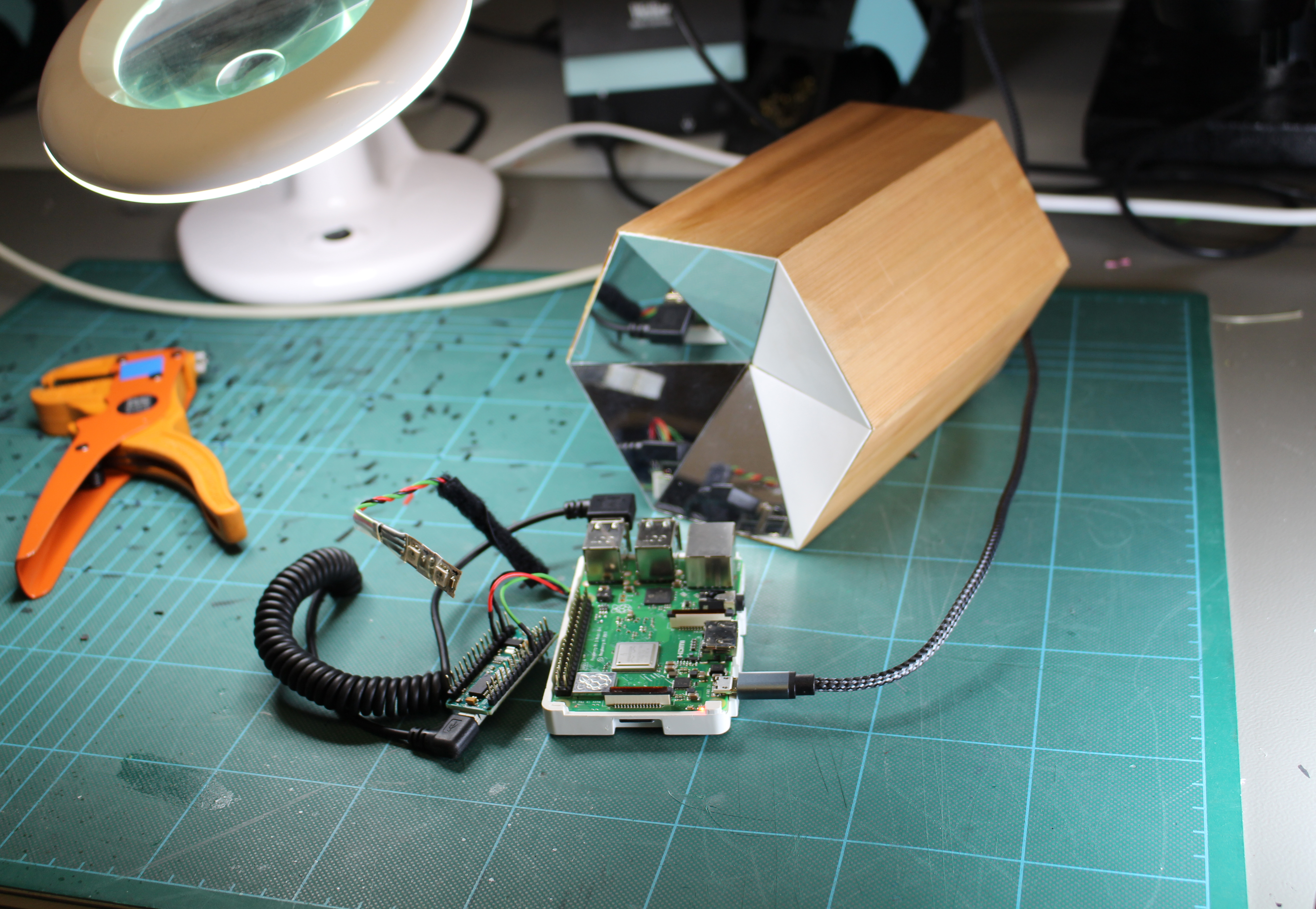Schlagwort: privacy
-

Securely tailor your TV viewing with BBC Box and Raspberry Pi
Reading Time: 3 minutesThanks to BBC Box, you might be able to enjoy personalised services without giving up all your data. Sean McManus reports: One day, you could watch TV shows that are tailored to your interests, thanks to BBC Box. It pulls together personal data from different sources in a household device, and gives…
-

Securely tailor your TV viewing with BBC Box and Raspberry Pi
Reading Time: 3 minutesThanks to BBC Box, you might be able to enjoy personalised services without giving up all your data. Sean McManus reports: One day, you could watch TV shows that are tailored to your interests, thanks to BBC Box. It pulls together personal data from different sources in a household device, and gives…

